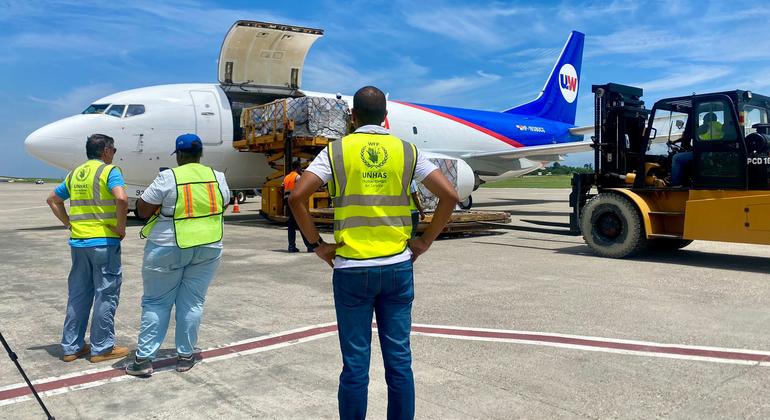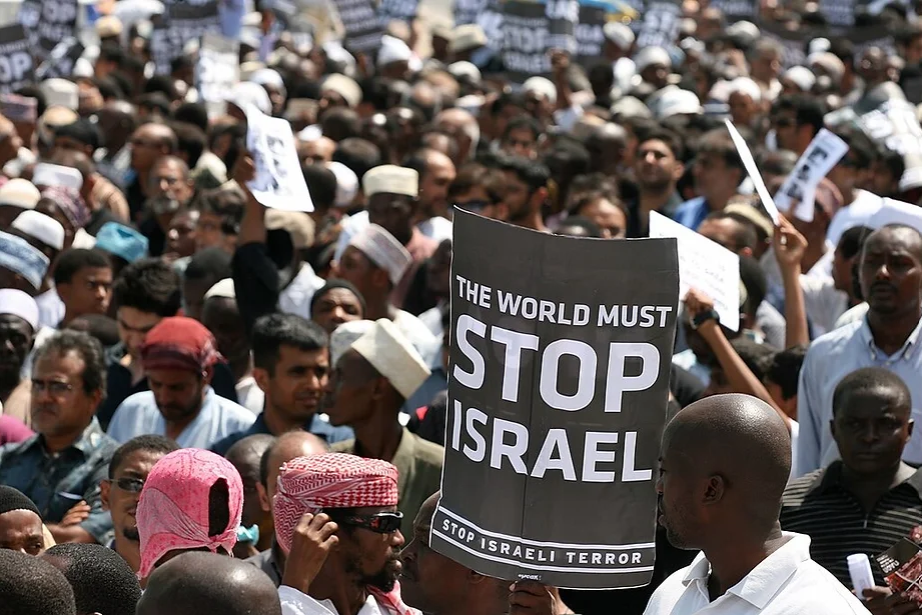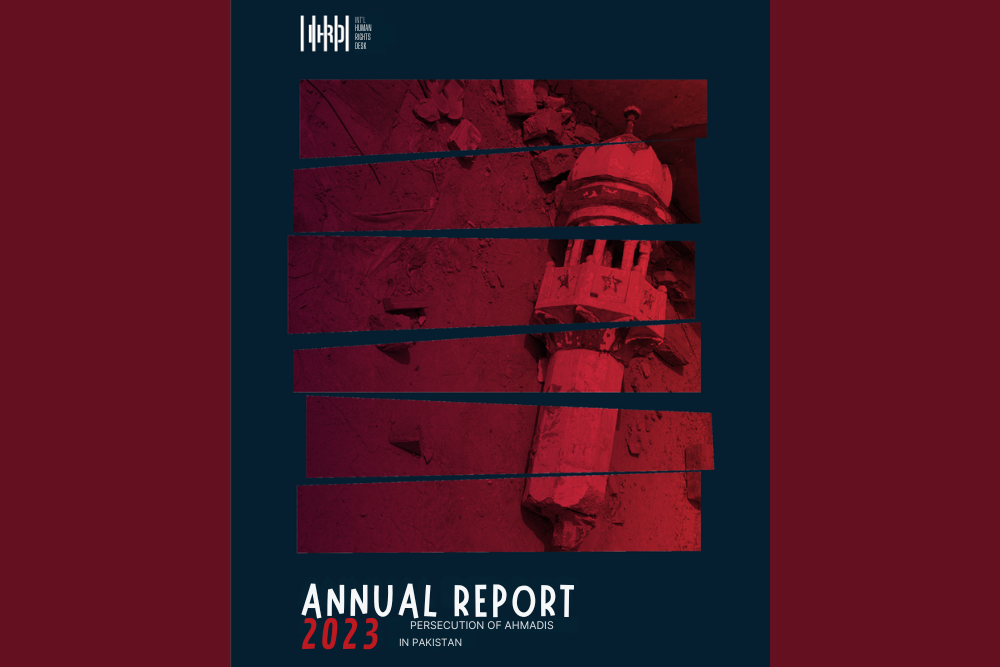Employee engagement is pivotal in creating a productive and satisfying work environment. Engaged employees are often more motivated, productive, and committed to their employer’s goals, directly contributing to an organization’s overall success. However, employers often struggle with implementing it effectively in the workplace — even going so far as gamifying employee engagement, which can have the opposite effect. It’s a delicate balance, but with the help of interactive technologies such as panel PCs, touch-screen displays, and mobile apps, you can improve employee engagement while solving workplace problems.
This article explores how these technologies can improve engagement through innovative training sessions, comprehensive health programs, and effective feedback mechanisms.

Linus Mimietz via Unsplash, free license
Interactive Technologies Transforming the Workplace
Interactive technology encompasses any technology that allows for dynamic interaction between the user and the system, facilitating real-time engagement and feedback. This includes devices like panel PCs, smart boards, augmented reality (AR) and virtual reality (VR) systems, and sophisticated mobile applications in the modern workplace. These technologies are reshaping how work is done, enhancing collaboration, and making the workplace more adaptable to the needs of today’s dynamic workforce.
For example, a report might show that companies incorporating interactive technologies into their operations have seen a measurable increase in employee productivity and satisfaction. Such statistics underscore the transformative power of these tools in fostering an engaging and responsive work environment.
Revolutionizing Staff Training with Interactive Tools
Training and development are critical components of employee engagement. Interactive technologies offer diverse and dynamic methods to make training sessions more participatory and impactful. For instance:
- Interactive Whiteboards and Smart Boards: These tools facilitate collaborative sessions, allowing trainers and trainees to interact dynamically with content, share ideas in real-time, and focus more on active listening.
- VR Simulations: Virtual reality can simulate real-world scenarios within a controlled environment, providing employees with immersive learning experiences that are both engaging and educational.
- Panel PCs: These can be used to administer interactive quizzes and display real-time results, making learning more engaging and allowing for immediate feedback.
The benefits of employing these diverse interactive training methods are manifold. They include enhanced learning retention, as employees are more likely to remember information presented in an interactive and engaging format. Moreover, these technologies create adaptive learning environments tailored to various learning styles, ensuring that all employees can benefit from training sessions tailored to their individual needs.
Promoting Health and Wellness Through Technology
Integrating technology into workplace wellness programs has become increasingly important in promoting a healthy work environment. These technologies facilitate easy access to health-related information and engage employees in maintaining their wellness goals.
For example, employees can use fitness apps to track their fitness achievements, set wellness goals, and monitor their health progress. These apps often include activity tracking, nutrition logging, and personalized health tips.
Incorporating this kind of technology into wellness programs has shown significant positive effects on employee well-being and job satisfaction. Employees who are healthy and satisfied with their work environment are more likely to be productive and engaged.
Enhancing Communication with Real-Time Feedback Tools
Real-time feedback tools are transforming communication in the workplace by providing immediate data on performance and facilitating quicker responses. Some of these technologies include:
- Feedback Apps: These apps, accessible via smartphones and tablets, allow for continuous feedback, enabling employees to receive real-time insights into their performance and areas for improvement.
- Interactive Displays: These are used in common areas to show performance metrics and updates in real-time, helping teams stay aware of their progress and areas needing attention.
The advantages of real-time feedback are substantial. It provides immediate opportunities for improvement and recognition, enhances transparency, and maintains open lines of communication, all of which contribute to a more engaged and responsive workforce.
Addressing Implementation Challenges
Integrating new technologies into the workplace comes with challenges that can impact the effectiveness of their adoption. One common issue is the technical complexities and cost considerations of developing and maintaining advanced technological systems. The financial burden may be significant, and the technical setup may require specialized knowledge that not all businesses possess in-house.
Another challenge is user resistance. Employees often have varying levels of comfort and expertise with new technologies; some may prefer traditional methods. Resistance can stem from a need to understand how these new tools benefit them personally and professionally.
Security is also another concern. If the technology you’re hoping to integrate uses employee data, many employees may be concerned about a potential data leak that compromises their financial and personal security.
Businesses can adopt several strategies to address these challenges effectively. Comprehensive training sessions are crucial to helping employees become comfortable and proficient with new technologies. Demonstrating these tools’ personal and professional benefits can alleviate fears and resistance. You can also illustrate your compliance standards in your IT department to ensure the safety of any data you use.
Phased technology rollouts can also be beneficial. By introducing new technologies gradually, businesses can manage the transition more smoothly and adjust based on employee feedback and the specific needs observed during early phases.
Interactive technologies have the potential to boost employee engagement. As workplaces evolve, staying ahead of emerging trends and innovations in these technologies is crucial. Businesses are encouraged to explore various interactive tools to enhance employee interaction and overall satisfaction and productivity. This approach promises to pave the way for more dynamic, inclusive, and engaging workplaces.













